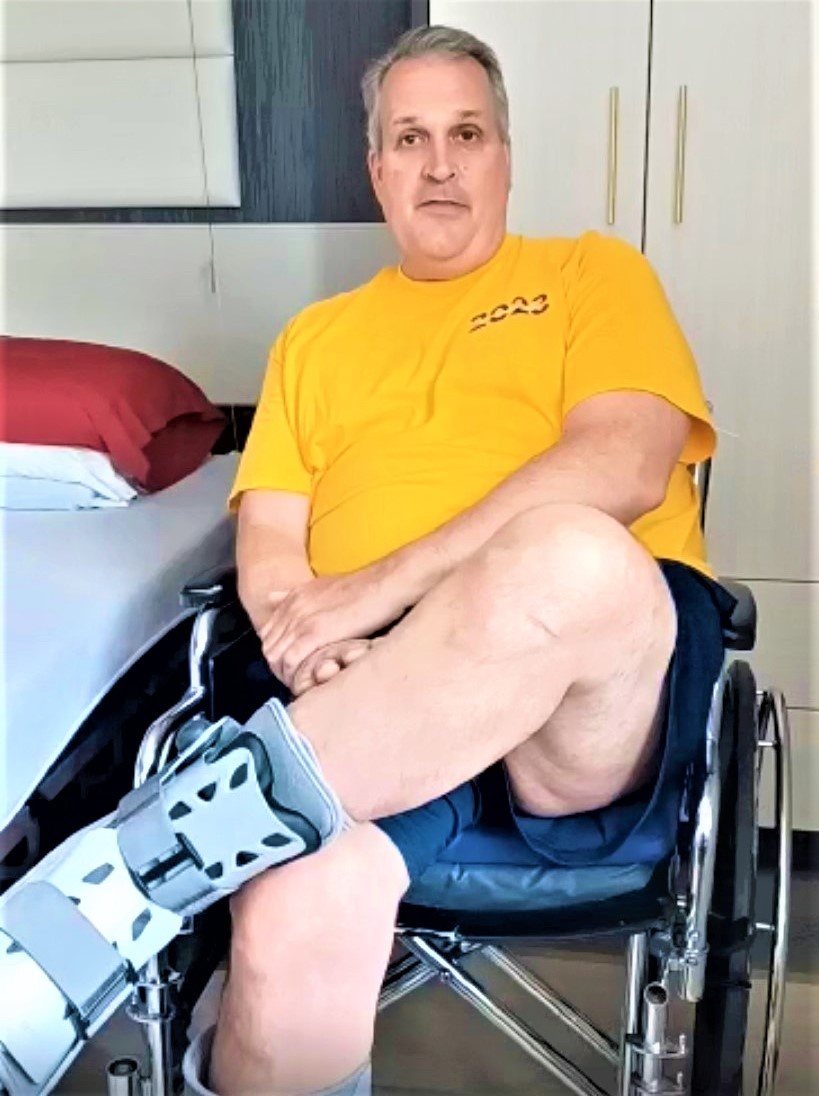Posted on May 22, 2019
Researchers Find a New Form of Dementia that Could Lead to Better Alzheimer’s Treatment.
Breakthroughs in Alzheimer’s and other forms of dementia are of the utmost importance to us at Luxor Nursing and Rehabilitation at Mills Pond. More research and understanding can lead to better treatments and care.
Brain: A Journal of Neurology released a report that found up to 50 percent of people over the age of 80 may be suffering from a new form of dementia, and not Alzheimer’s, as was originally thought.
The new form of dementia is referred to as LATE — limbic-predominant age-related TDP-43 encephalopathy.
Scientists are heralding this as a breakthrough because it could lead to a better chance of treating both Alzheimer’s and LATE in the future.
“This may help explain why so many Alzheimer’s drugs have failed in clinical trials,” report author Peter Nelson told AARP. “Now that we’re clearly identified LATE, this paves the way for us to develop other, groundbreaking treatments.”
The new classification has to do with the TDP-43 protein found in the brain. Scientists previously linked its presence to two forms of dementia, including ALS, or Lou Gehrig’s disease. Autopsy reports in this study showed that around half had some form of LATE in their brain, and half of those had enough to affect their memory — mimicking symptoms of Alzheimer’s.
At the same time, people who were suspected to have Alzheimer’s did not have any traditional signs of the disease once their brains were studied. Researchers concluded that they were actually suffering from LATE.
Those involved in the study say the markers that identify LATE can only be discovered during an autopsy, so the next step is a way to distinguish LATE from Alzheimer’s diagnoses in living patients. The hope is also to be able to measure TDP-43 levels throughout a person’s life so potential problems can be found earlier and possible treatments could be offered.
Researchers caution that a large amount of further research and study is needed, but they acknowledge that there is more hope than ever in finding better treatments — and even possible cures — to common forms of dementia.



